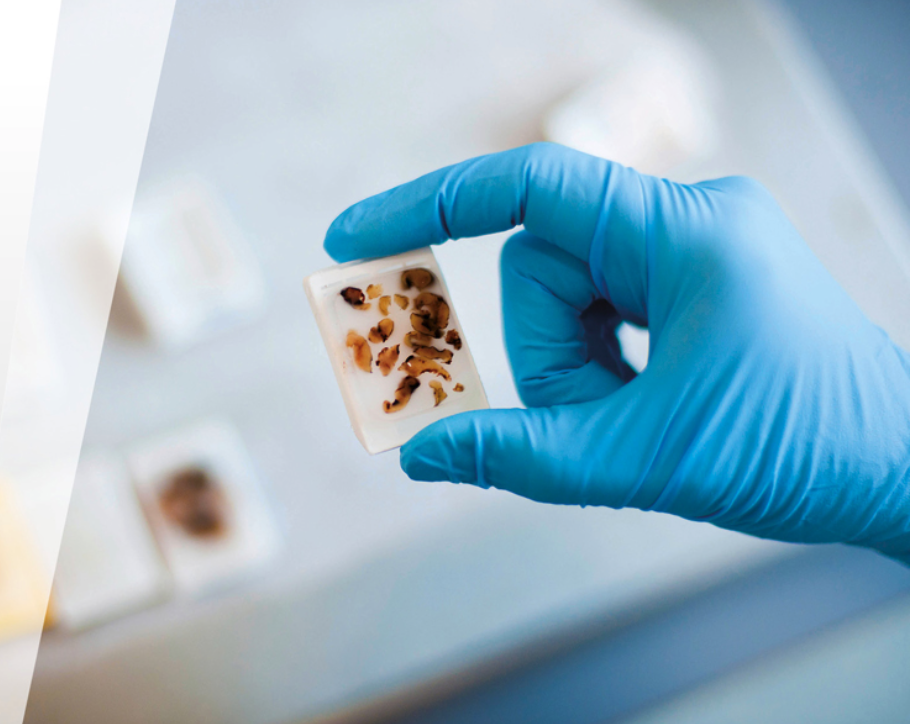 When the pandemic hit Europe in spring 2020, BBMRI-ERIC, the European research infrastructure for biobanking and biomolecular resources, responded quickly. BBMRI understood the responsibility not only to its community of 21 member states but also to those working in biobanks around the world as it scrambled to combine knowhow to address this global problem.
When the pandemic hit Europe in spring 2020, BBMRI-ERIC, the European research infrastructure for biobanking and biomolecular resources, responded quickly. BBMRI understood the responsibility not only to its community of 21 member states but also to those working in biobanks around the world as it scrambled to combine knowhow to address this global problem.
Offering a series of trainings on how to handle the collection of biological samples from SARS-Cov-2 patients was crucial for the development of novel drugs and vaccines that may save lives of millions of citizens. In spring 2020, biobanks were urgently seeking information on how to handle samples of SARS-CoV-2. For that, BBMRI addressed their questions in two web conferences, covering topics ranging from: risk management, biosafety, laboratory handling and shipping of coronavirus samples, as well as the collection and storage of infectious material.
Public health ethics, data protection, ethics of data sharing, emergence of new vulnerable groups as well as compliance issues within transnational data sharing were gaining urgency. Against this background, BBMRI-ERIC’s ELSI (ethical, legal and societal issues) Services & Research held a webinar in April 2020 examining these issues. In addition, a Q&A document that dives deep into those topics had been prepared, including a detailed commentary on contact-tracing apps.
Ultimately, BBMRI’s ELSI Helpdesk Network across its National Nodes continues to provide practical guidance on the ethical, legal, and societal issues on a case-by-case basis.
Given the world-wide implications of the pandemic, the BBMRI-ERIC Directory, which catalogues samples and data from its Member States as well as rare disease samples globally, had been extended to include resources from non-Member States that were COVID-relevant. Now, a specific extension captures the availability of COVID-19 samples and data from 88 biobanks. In addition, 33 biobanks can set up prospective collections tailored to user needs. The Directory also captures information on specific capabilities of biobanks related to infectious diseases such as the availability of BSL (biosafety level)-2/3 laboratories.